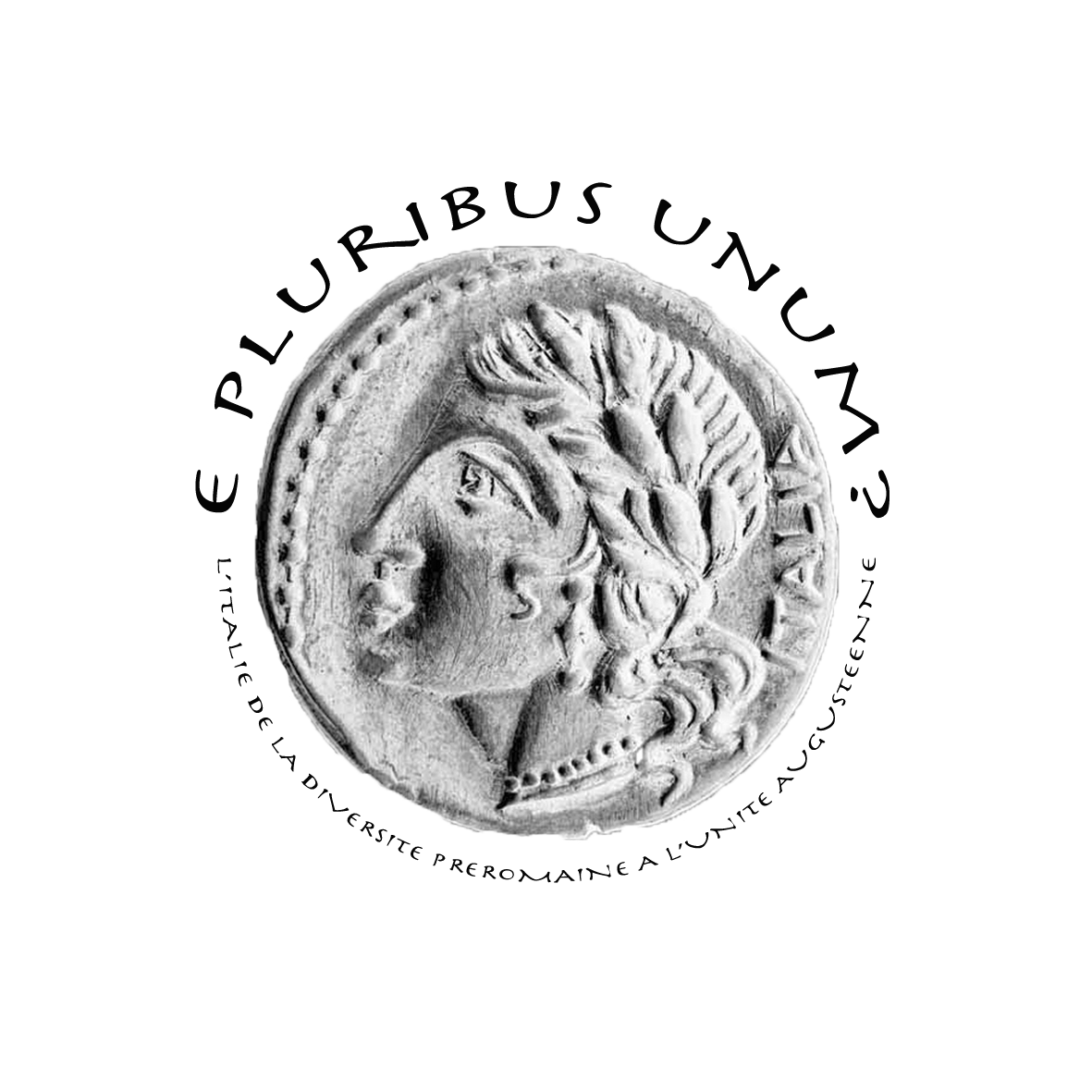The project
 |
E pluribus unum ? Project for three conferences |
Studies on non-Roman Italy in the last century have seen a clear – and to some extent understandable – prevalence of interest towards the Etruscans. Only recently has a new interest emerged towards other peoples that have contributed to the formation of Roman Italy. However we still have an incomplete view and a rather blurred image of these peoples, especially due to insufficient information. This inadequate image is linked also to a methodological issue: as a matter of fact, researchers have privileged on one side mere analyses of the material culture, or on the other side attempts to read these cultures with hermeneutical categories of Greek or Roman history.
Therefore the primary aim of this project is to elaborate a broader picture that takes into consideration the many complexities of ancient Italy. A second aim is then to bring to light the important contribution that these peoples gave through the centuries to the formation of the articulated unity that we call Roman Italy and for which the expression of “identità incompiuta” (A. Giardina) has been appropriately used.
In order to reach these goals, it is our intention to organise the following three conferences:
- Between history and archaeology, Dialogues on peoples of pre-Roman Italy
(Geneva, University of Geneva-Fondation Hardt, 30th January-3rd February 2013); - Central Italy and the creation of a cultural koinè? The different routes of the “Romanization”
(Rome, Istituto Svizzero di Roma, Koninklijk Nederlands Instituut Rome, British School at Rome, 21-24 October 2014); - « Nos sumus Romani qui fuimus ante… » Memory of ancient Italy
(University of Oxford, Autumn 2016).
Each conference will investigate a specific period with its problems. The three conferences will involve scholars from different nationalities, in order to compare not only different disciplines but also different approaches to ancient Italy.
The proceedings will be published in the book series Études genevoises d’Antiquité (EGEA).
